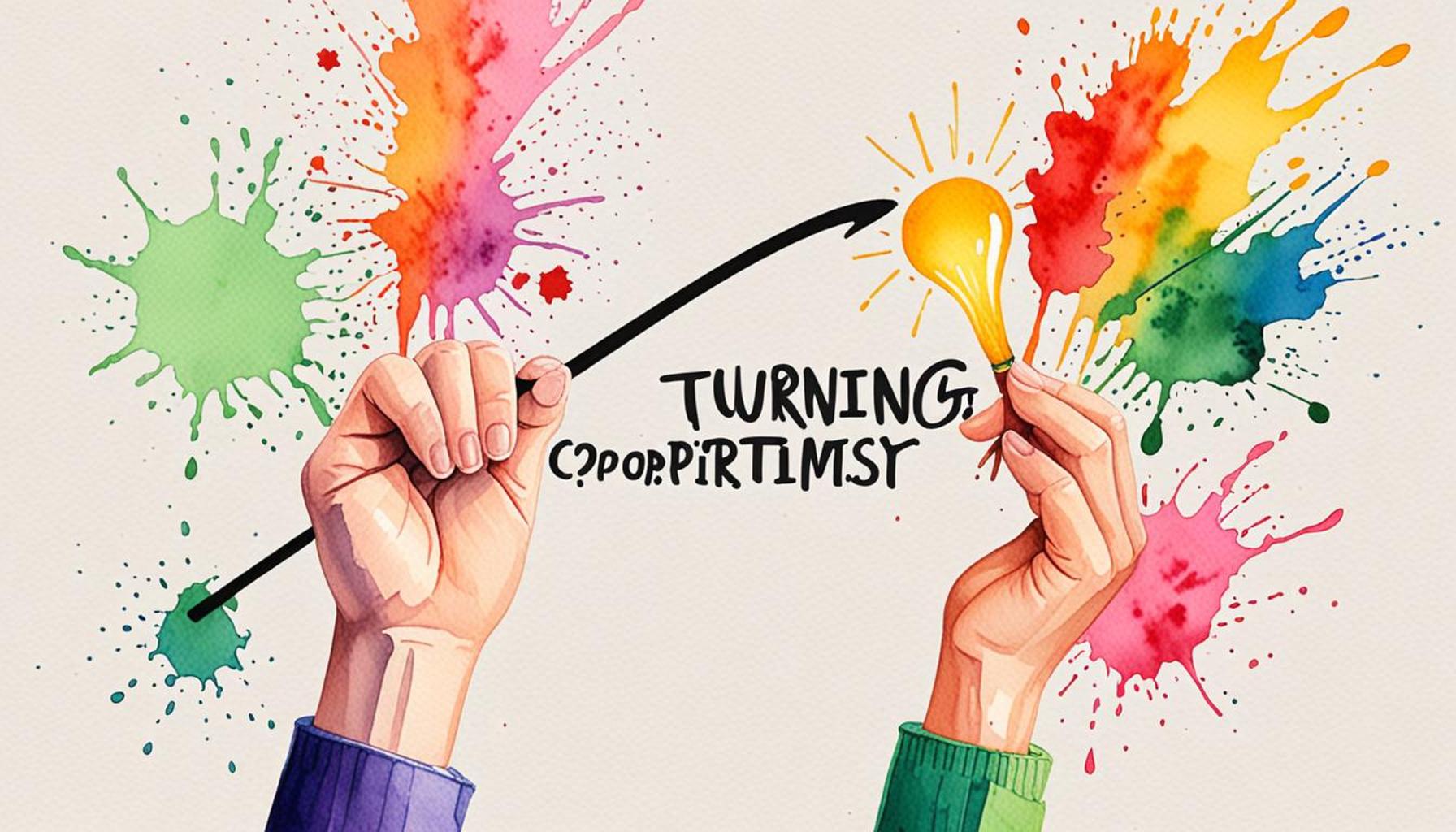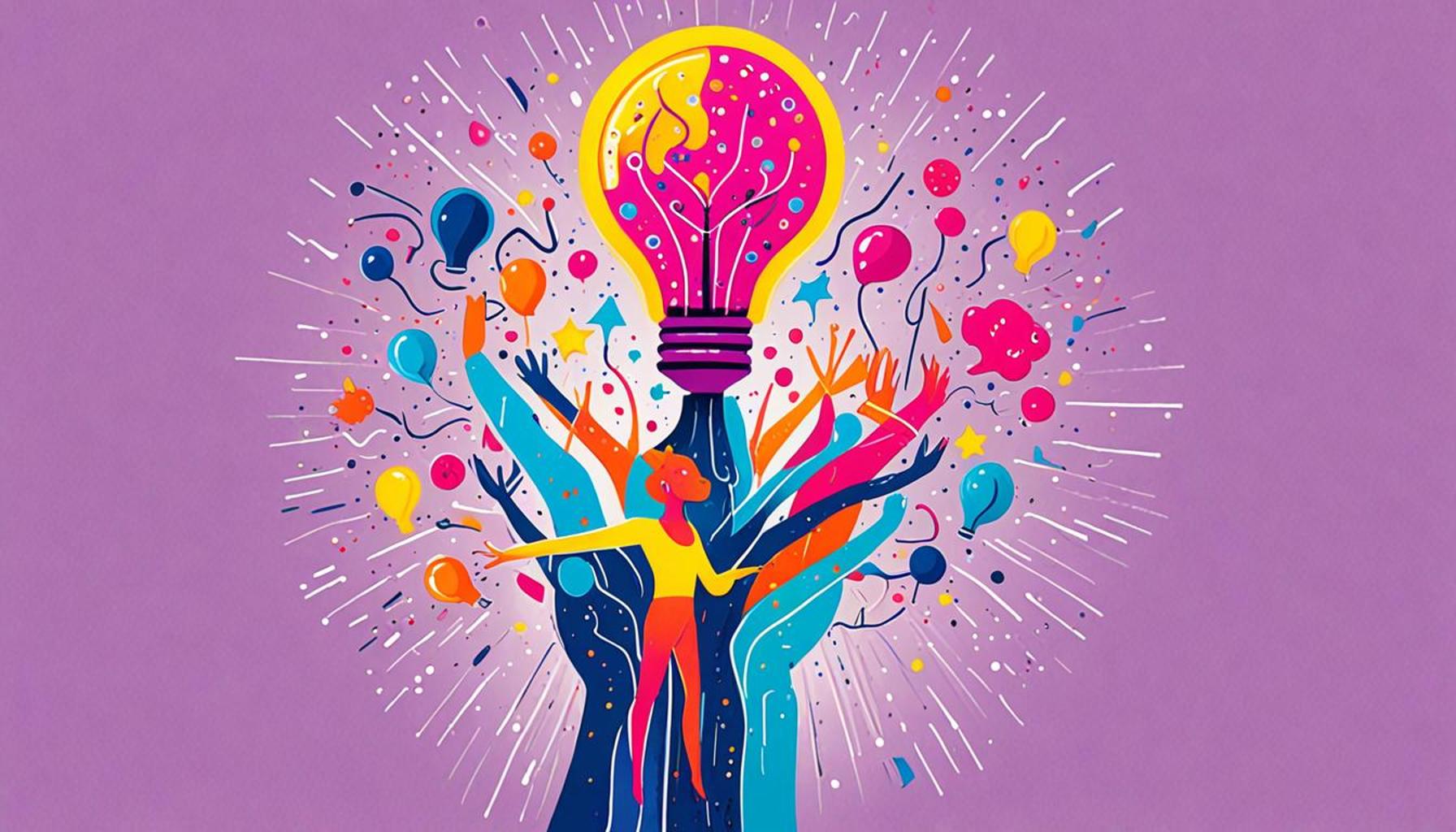The Impact of Emotional Feedback on the Development of a Growth Mindset

The Role of Emotional Feedback in Developing a Growth Mindset
The journey toward achieving a growth mindset is not a solitary endeavor; it is critically influenced by the emotional feedback we receive from those around us. This feedback—whether from peers, mentors, or our own reflections—profoundly shapes how we perceive and react to challenges. In some cases, it can nurture our innate determination to improve, while in others, it can inadvertently stifle our growth.
Emotional feedback manifests in several forms, each playing a distinct role in personal development:
- Encouragement from friends, family, or educators provides a supportive environment that fosters resilience. For example, a teacher celebrating a student’s improvement in a subject, despite not achieving a perfect score, can reinforce the idea that effort is more important than immediate results.
- Criticism that engages self-reflection can serve as a catalyst for growth. Constructive criticism—delivered thoughtfully—encourages individuals to analyze their shortcomings and strive for betterment. A classic instance might be a manager suggesting an employee reflect on their presentation skills, offering specific areas for improvement.
- Validation of efforts enhances motivation and can be pivotal in rough patches. Celebrating a small achievement—such as completing a project ahead of schedule—can ignite enthusiasm and spur continued perseverance.
In Nigeria, societal and cultural factors magnify the significance of emotional feedback. The collective culture, often reflected in proverbs and local sayings, underscores the importance of community learning and resilience. For instance, the saying “A single tree cannot make a forest” emphasizes teamwork and encouragement in overcoming challenges. Such expressions symbolize the community’s role in motivating individuals to adopt a growth mindset, especially in educational environments.
Research indicates that individuals who actively embrace emotional feedback tend to:
- Persist in the face of setbacks, undoubtedly understanding that failures are stepping stones to success.
- Seek out challenges rather than avoid them, demonstrating a willingness to step out of their comfort zones.
- Adopt a lifelong learning attitude, appreciating that knowledge and skills develop over time.
This article aims to explore how we can leverage emotional feedback to cultivate a growth mindset further. It also delves into the implications of these insights for both personal and professional development. In diverse contexts, such as Nigeria, emphasizing the importance of emotional feedback can foster not only individual success but also collective advancement, leading to a more empowered society.
ADDITIONAL INSIGHTS: Expand your understanding here
Understanding Emotional Feedback: The Foundation of a Growth Mindset
Emotional feedback plays an essential role in the formation of a growth mindset, acting as the communication bridge between external perceptions and internal realizations. The way individuals process emotional feedback dictates their response to challenges—an area where understanding becomes paramount. For instance, in Nigerian schools, teachers often use phrases and local wisdom to convey feedback, imbuing their words with cultural significance. When students receive encouragement framed in a relatable context, it can enhance their resilience and willingness to embrace learning opportunities.
Furthermore, emotional feedback has the ability to either ignite enthusiasm or dampen spirits. Research shows that positive feedback can significantly increase motivation, while negative feedback—if not carefully delivered—can induce fear of failure. Therefore, it is crucial to navigate this delicate balance in fostering a nurturing environment that promotes personal growth.
Exploring the categories of emotional feedback reveals its multifaceted nature:
- Positive Reinforcement: When individuals receive recognition for their efforts, it fuels their desire to continue pushing boundaries. In the context of sports, for instance, a coach applauding a player for their strategic play—even during a loss—helps them understand that their effort is valuable, further instilling a growth mindset.
- Constructive Critique: When imparted with care, criticism can transform into a powerful tool for self-improvement. Imagine a student who struggles with math; if a teacher points out specific areas for growth instead of merely highlighting it as a failure, the student is more likely to engage in solutions rather than shut down. The way criticism is framed either as a ‘dead end’ or as ‘a pathway for growth’ can pivot the student’s mindset toward a more productive outlook.
- Emotional Support: Social relationships are integral to how feedback is perceived. Friends and family who provide emotional backing during challenging times can bolster confidence. For example, when a parent praises their child’s determination in tackling difficult coursework, it plants the seeds of perseverance and resilience.
Within the context of Nigeria, community connections play a significant role in shaping emotional feedback. The traditional emphasis on collective support can enhance the learning experience for individuals. Group learning environments, where peers share constructive feedback, create a culture that not only seeks academic achievement but also promotes personal growth. With encouragement resonating through familiar proverbs—like “He who learns, teaches”—the collective effort reinforces individual achievements, contributing to the broader societal growth.
As we delve deeper into the impact of emotional feedback on developing a growth mindset, it becomes apparent that these interactions are not mere conversations but rather pivotal moments that can ignite potential. Harnessing emotional feedback effectively can equip individuals with the tools they need to confront challenges head-on and thrive in various aspects of life.
The Role of Emotional Feedback in Shaping Mindsets
In recent years, research has increasingly highlighted the significant role of emotional feedback in the development of a growth mindset. Emotional feedback, whether positive or negative, can significantly influence an individual’s beliefs about their abilities and potential for growth. This is particularly relevant in educational and professional settings, where traditional feedback mechanisms often focus solely on performance metrics, neglecting the emotional implications.When individuals receive positive emotional feedback, such as encouragement and recognition of their efforts, it can enhance their self-efficacy. This reinforces a belief in their capacity to grow and improve through persistence and dedication. In contrast, negative feedback that lacks constructive emotional support can lead to a fixed mindset, where individuals may feel that their skills are innate and unchangeable. Understanding this dynamic can illuminate how educators and leaders can tailor their feedback to foster resilience and adaptability.Furthermore, the presence of emotional intelligence within feedback interactions plays a critical role. Those who provide feedback—teachers, managers, or peers—must have a strong awareness of their emotional impact on others. For instance, using empathetic language and recognizing emotional states can facilitate a deeper connection, thereby promoting a culture of trust and openness. This environment encourages individuals to embrace challenges and view failures as opportunities for growth, essential tenets of a growth mindset.Additionally, emotional feedback can also be measured and analyzed through reflective practices. By encouraging individuals to reflect on their emotional responses to feedback, they become more attuned to their learning processes. This self-awareness is key in reshaping their mindsets, enabling them to externalize negative emotions and reframe their experiences into constructive learning journeys.Overall, recognizing and harnessing the power of emotional feedback is crucial for fostering a robust growth mindset. It empowers individuals to navigate obstacles with resilience and creativity, leading to personal and professional development that transcends mere skill acquisition. In exploring this theme further, one can uncover numerous strategies and practices that effectively integrate emotional feedback into educational and corporate frameworks, setting the stage for transformative growth.
LEARN MORE: This related article may interest you
The Role of Cultural Context in Shaping Emotional Feedback
The influence of cultural context on emotional feedback cannot be understated, particularly in a diverse nation like Nigeria, where values and beliefs underpin social interactions. The communal spirit inherent in various Nigerian cultures enriches the feedback mechanism, serving as a catalyst for the development of a strong growth mindset. Emotional feedback is tailored to resonate with local customs, transforming ordinary exchanges into opportunities for personal development.
At the heart of this transformation lies the concept of collectivism, which underscores the importance of relationships and community support. In Nigerian classrooms where peers rally together, the feedback loop is often fueled by collaboration rather than competition. For instance, group study sessions not only enable sharing of knowledge but also foster a sense of belonging. When students are encouraged by their classmates, they internalize the belief that learning is not a solitary journey but a collective endeavor. This reinforces their resilience and motivates them to tackle complex subjects with a growth-oriented approach.
Another dimension to consider is the innovation embedded in the local use of proverbs, idioms, and folklore. These traditional expressions act as powerful motivational tools. For example, the saying “A man who uses force is afraid of reasoning” implies that relying solely on brute strength lacks wisdom, much like individuals who refuse to embrace constructive feedback. By contextualizing emotional feedback within familiar cultural narratives, individuals are more likely to adopt a growth mindset. This highlights the importance of framing emotions positively and meaningfully.
The Importance of Emotional Intelligence in Interpreting Feedback
Emotional intelligence (EQ) also plays a vital role in how individuals interpret feedback and, subsequently, develop a growth mindset. A person with high EQ can navigate emotional signals with finesse, leading them to comprehend feedback, both positive and negative, in a constructive light. For instance, in a workplace setting, an employee who encounters critical feedback from a manager may choose to perceive it as an opportunity for improvement rather than a personal affront. This significant pivot in perception enhances their capacity for growth and innovation.
The educational structure within Nigeria increasingly recognizes the value of fostering emotional intelligence. Workshops and training programs aimed at nurturing both teachers and students’ emotional awareness have started to gain traction. When educators model how to handle emotional feedback effectively, it equips students with lifelong skills to process criticism and encouragement alike. Such environments develop a generation that embraces challenges, viewing them as avenues for growth.
Feedback from Authority Figures and its Impact
Moreover, feedback from authority figures, such as teachers and parents, carries considerable weight in shaping perspectives. Researchers suggest that when students feel valued by their educators, their academic performance typically improves. The emotional feedback they receive in the form of encouragement becomes imprinted in their minds, influencing their self-belief and resilience. In Nigeria, this can manifest through a teacher enriching a student’s understanding by revisiting past successes, thus reinforcing the notion that effort leads to growth.
In conclusion, emotional feedback extends beyond mere words—it encapsulates cultural significance and the essence of communal support, integral to nurturing a growth mindset. As the dynamics of emotional interactions continue to evolve, especially within a culturally rich environment like Nigeria, it becomes clear that embracing these ideas is fundamental to personal development and academic success. The interplay of emotional intelligence, cultural norms, and authority feedback solidifies the foundation for a resilient and growth-oriented mindset in individuals of all ages.
SEE ALSO: Click here to read another article
Conclusion: Embracing the Power of Emotional Feedback
The journey toward cultivating a strong growth mindset in individuals, particularly within Nigeria’s vibrant cultural landscape, emphasizes the profound impact of emotional feedback. This feedback, whether from peers, authority figures, or one’s own reflection, serves as a crucial determinant in shaping perceptions of self-worth and potential. It is evident that when emotional feedback is framed positively and grounded in cultural narratives, it can transform challenges into stepping stones for success.
As discussed, the role of emotional intelligence is pivotal in helping individuals interpret feedback constructively. By developing these skills, students and professionals alike can shift their understanding of criticism from a personal attack to a valuable opportunity for growth. Furthermore, as educational systems in Nigeria begin to prioritize emotional intelligence, they lay the groundwork for future generations to thrive in diverse environments. This fosters resilient individuals who are not only capable of academic success but also equipped for the complexities of life beyond the classroom.
Ultimately, the principles of collaboration and communal support, as seen in collective efforts within Nigerian communities, amplify the benefits of emotional feedback. By promoting a culture where constructive criticism is embraced and celebrated, we pave the way for unwavering resilience and sustained personal growth. As we continue to navigate the nuances of emotional feedback, it becomes increasingly clear that its impact is instrumental in unlocking the full potential of all individuals aspiring to achieve greatness.


